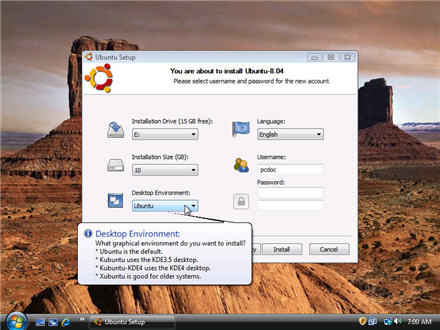Linux or open source?


While Linux is an open source operating system, it's not always free. There is a lot of free open source for Windows. It's quite easy to have both open source and Windows. I do. You probably do, too.
In such an environment, the battle comes down, again, to where will you find the applications you most want and need?
That's the question Linux needs to answer as it, too, becomes just another Windows application. That's not the way Mark Shuttleworth puts it. That's not even the way Matt Asay puts it.
That's just the way it is.
What makes Linux so strong in the server space is the applications which run on it. Web applications, database applications, business management applications -- they all run fast, they all run well, they run together, the IS department is happy.
What makes Windows so strong in the desktop space is the same thing. Windows applications, open source applications, even Mac applications (like iTunes) all generally work.
It's now quite easy to run a Windows box in which the only proprietary program you have is Windows. Open Office, Firefox, Thunderbird, The Gimp, and Google together make for a pretty nice office suite.
So the release of a Windows Installer for Ubuntu LTS 8.04 (Hardy Heron) is more than "very cool." It's a turning point.
Once you get the Windows installer, and the Hardy Heron flies, you really need to try those open source applications you're used to in their native habitat.
That's when the real comparison starts. That's when the market battle begins. When you're no longer running Linux or Windows, or Linux or open source, but Linux and open source.